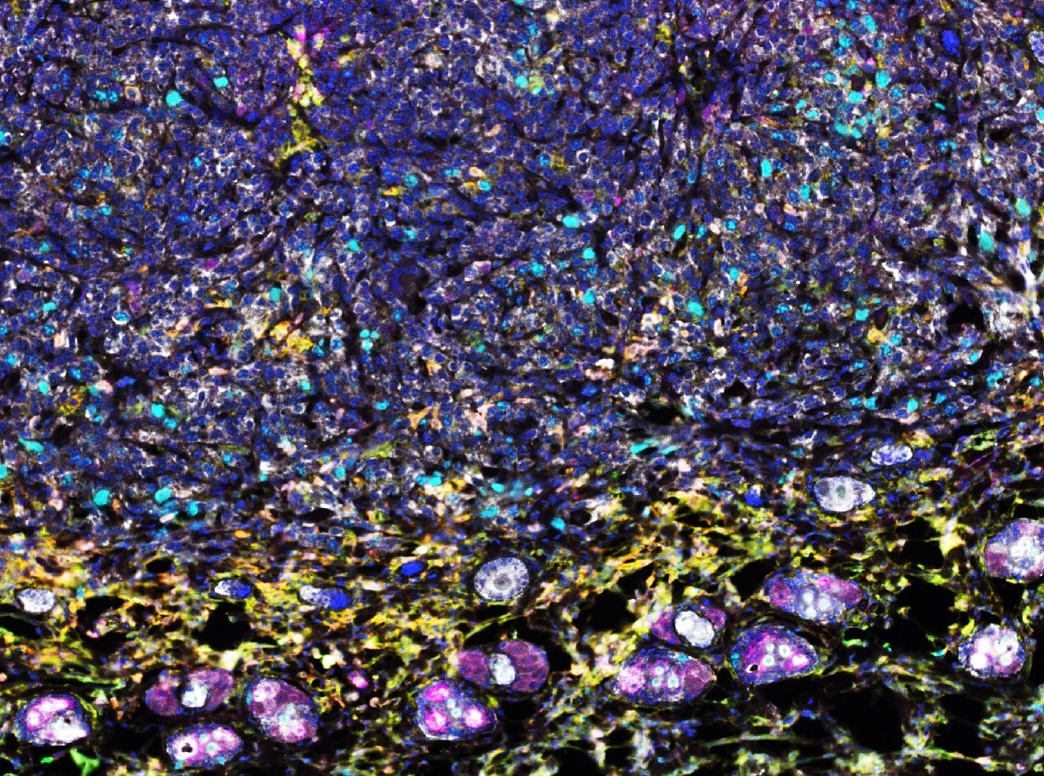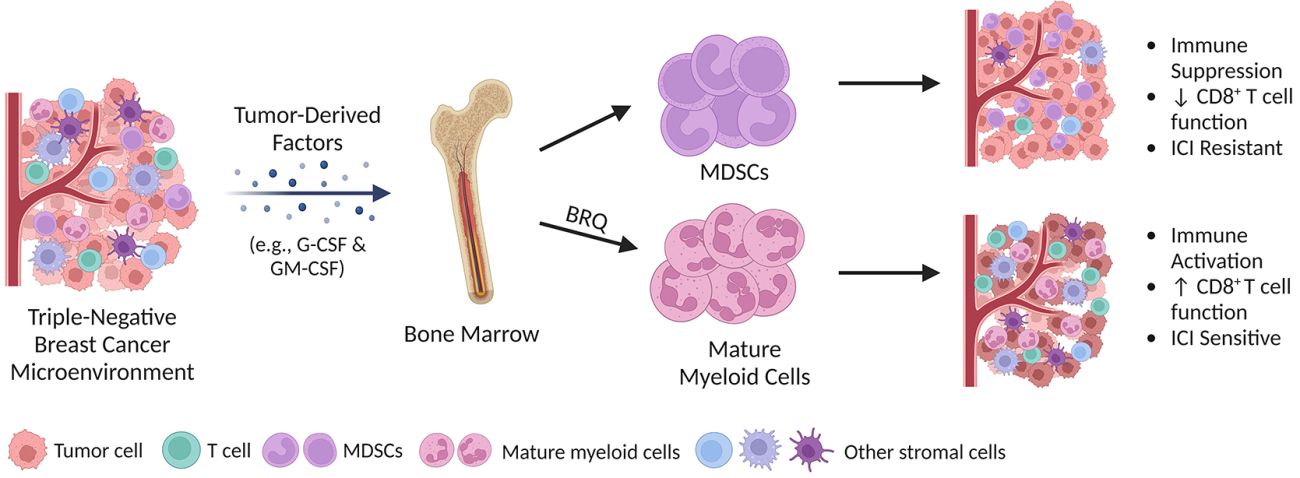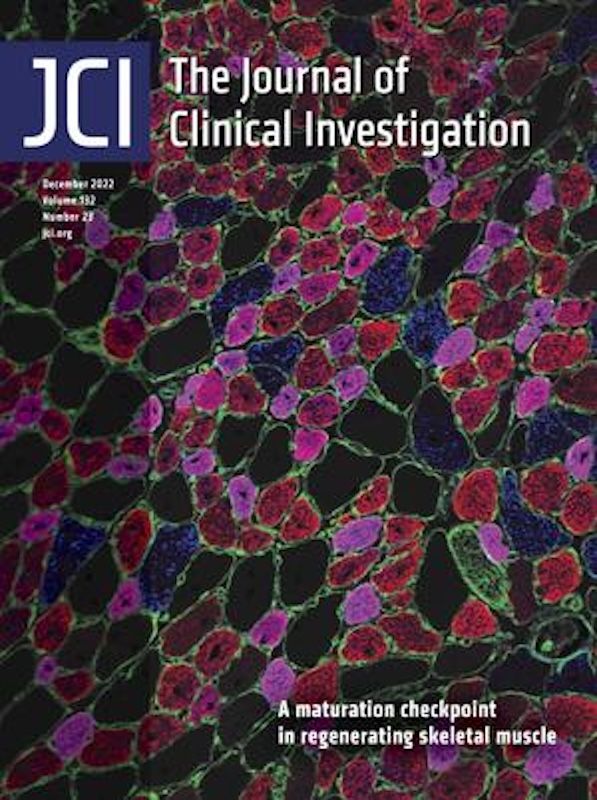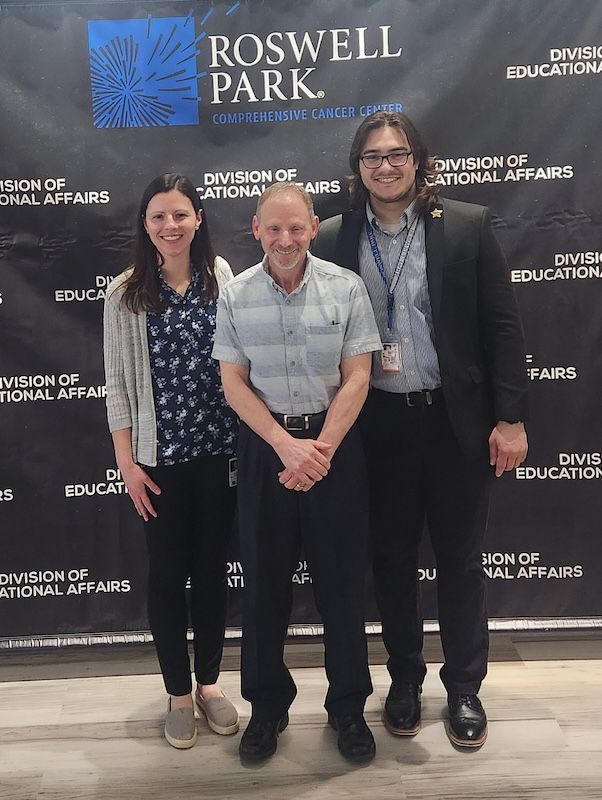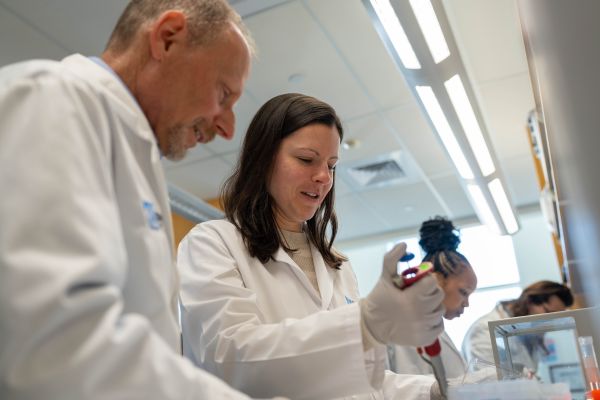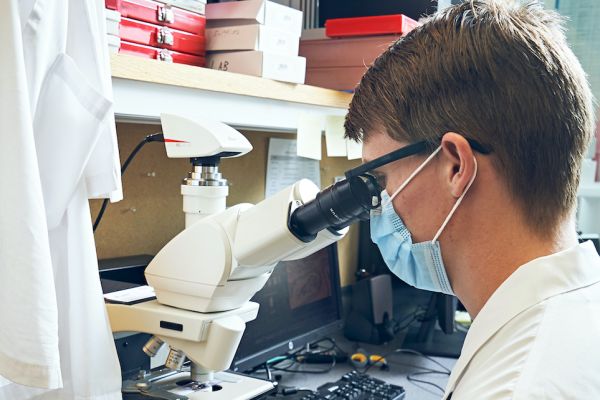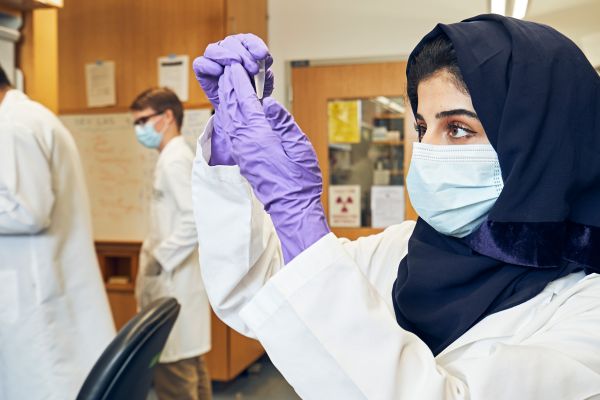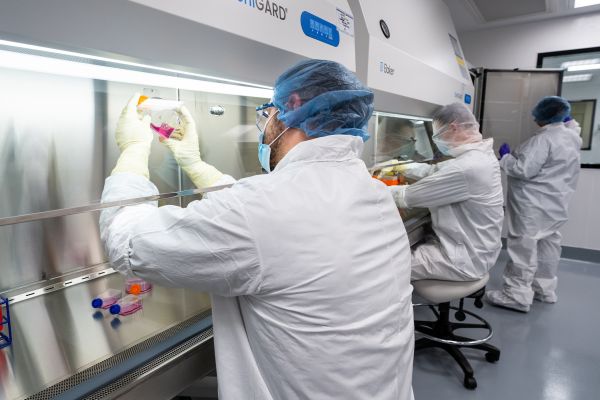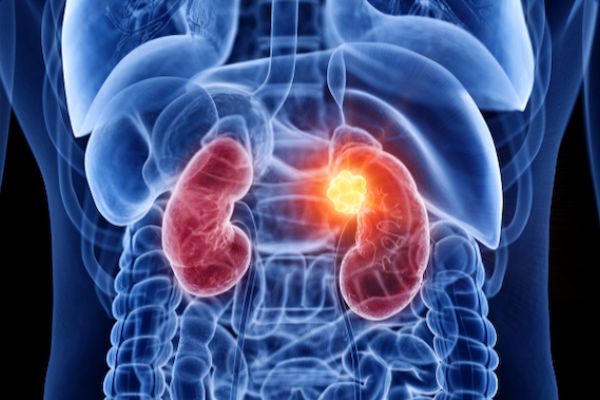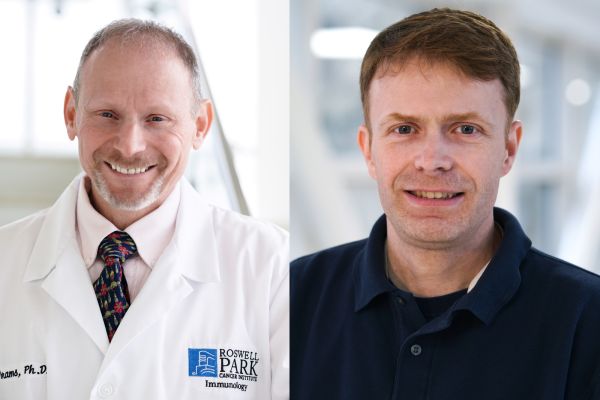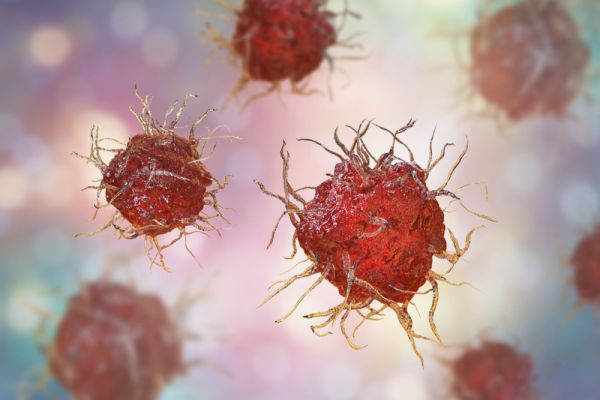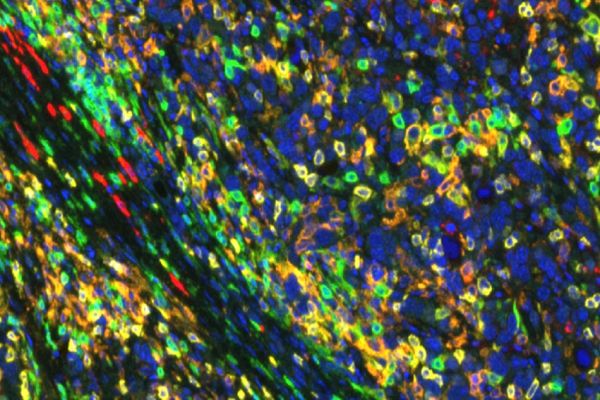Mechanisms of tumor escape and immune suppression
The Abrams Lab investigates how solid cancers evade immune attack, and how an understanding of those mechanisms informs the development of innovative combination therapies to maximize antitumor immunity, particularly against metastatic disease.
Fueling the next generation of anti-tumor therapies
We focus on identifying molecular or pharmacologic approaches to restoring myeloid defects in cancer and testing these approaches in concert with immune-based therapies, such as immune checkpoint inhibitors (ICIs) or experimental vaccines to elicit productive and durable antitumor or anti-metastatic activities.
These goals are grounded in the rationale that understanding mechanisms of tumor escape are critically important not only to improving our knowledge of cancer biology, but also developing more effective anti-cancer therapies.
See the science
- Overview: The Role of Myeloid Cells in Tumor Immunotherapy
- Complexities of the Tumor Microenvironment
- Immune Checkpoint Inhibitors and T Cell Activation
- The Biogenesis of Myeloid-Derived Suppressor Cells (MDSCs)
Research in the Abrams Lab is funded by the National Cancer Institute, the U.S. Department of Defense, the Breast Cancer Alliance, and the Roswell Park Alliance Foundation.
Publications
You’ll find our research published in JCI and other high-impact journals.
"I strive each and every day to never lose sight of how what we do in the lab can positively impact our patients – to me, this is the most inspiring and motivating factor for why we do what we do."
-Scott Abrams, PhD
Faculty affiliations
In the news
Connect with the Abrams Lab
Department of Immunology
Roswell Park Comprehensive Cancer Center
Elm and Carlton Streets
Buffalo, NY 14263
